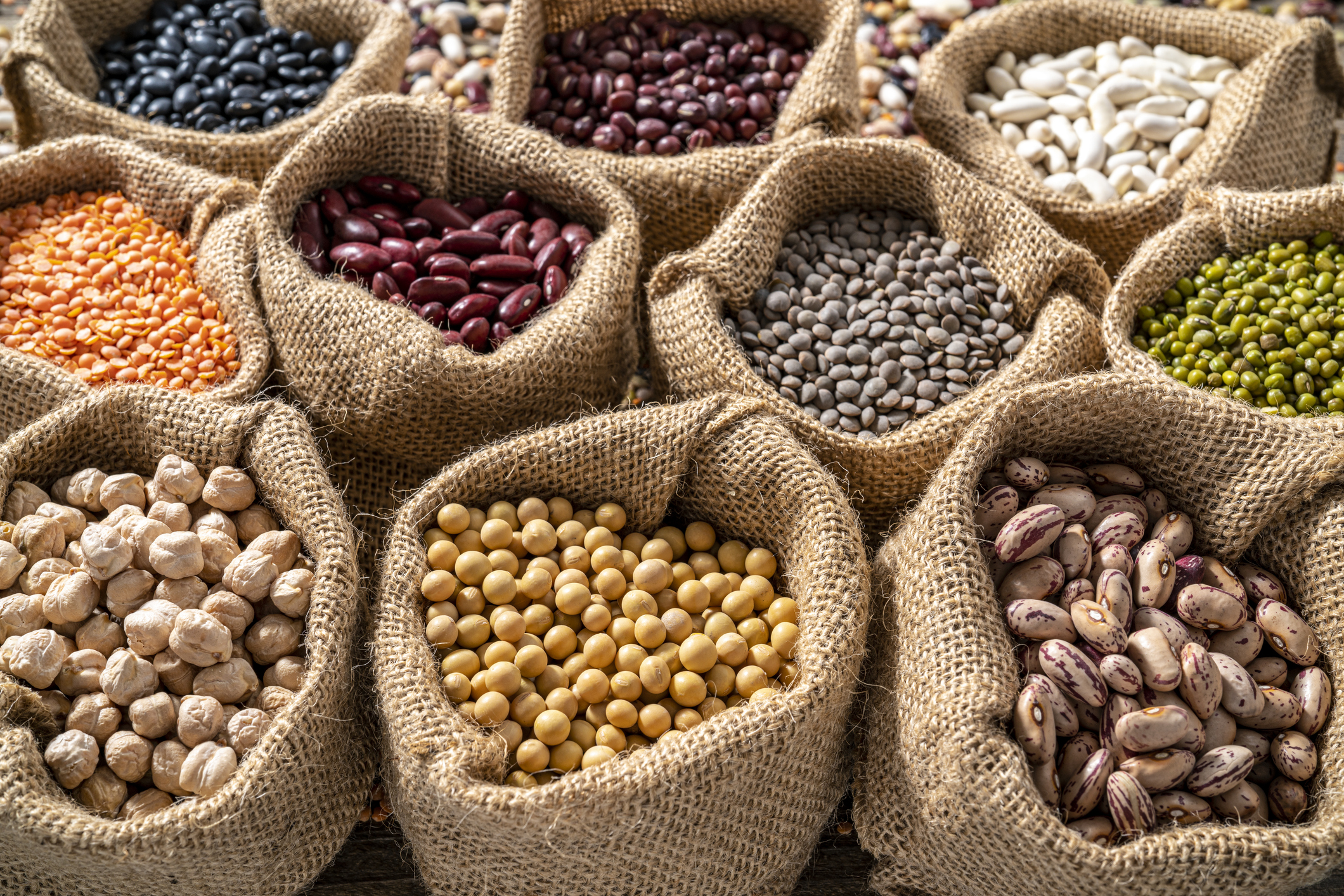5 Swaps for Healthier and Sustainable Food Storage

It’s clear that plastic is harmful to the environment, but many studies show evidence that it may affect human health as well. If you’re trying to reduce the plastic burden in your home, the kitchen is the best place to start. Open your refrigerator and take an objective look at what’s in there. Do you see packaged foods, like cheese wrapped or stored in plastic? Are you using plastic storage containers or bottles lined up on the shelves of your pantry too? It’s time to make the switch from plastic to healthier and more sustainable options. Fortunately, there are more health-friendly and eco-friendly alternatives for storage. Let’s look at some.
Glass Containers
One of the simplest ways to reduce plastic in the fridge and in your cabinets is to switch plastic storage containers with glass ones. Unlike many plastics, you can recycle glass and it doesn’t release chemicals into your food, even when you heat it. With transparent glass, you can still see what’s inside too. Look for glass containers with lids made from eco-friendly options like glass or silicon.
There are many sizes of glass jars and containers available, so you may purchase one that fits your needs—whether it’s a small one for a morning smoothie or a glass container to bake or store a whole lasagna for supper! Plus, glass doesn’t scratch as easily as plastic and it has a longer shelf life, assuming you don’t break it. So, handle it with care!
Silicone Bags
The plastic zipper bags that many people use to hold a sandwich are convenient, but they’re made from polyethylene, a plastic polymer derived from natural gas or crude oil. Polyethylene also keeps close company with phthalates, chemicals that disrupt hormones that affect reproductive and metabolic health. Plus, when polyethylene breaks down, it becomes microplastics, other derivatives of plastics that have health and environmental risks. Recently, scientists identified microplastics in tissues, including the plaque that lines the walls of arteries.
Why not switch to reusable silicone bags, a material deemed non-toxic and food safe. Before buying silicone bags, do research and make sure the bags you choose are food-grade silicone and aren’t sprayed with anything. They’re reusable and dishwater safe. However, they have one drawback. They’re not biodegradable and will hang around without breaking down for a long time, but compared to plastic, it’s an eco-friendlier option.
Cloth Snack Bags
If you’re tired of the disposable sandwich bags that come with your lunch and snacks, you have another option. Why not buy cloth snack bags instead? They’ll last for years, as you can wash and reuse them. Cloth bags work well for kids’ lunches, but adults can use them too. If you have kids who take their lunches to school or daycare ,they’re an ideal solution and won’t harm the environment. Look for 100% cotton snack bags, preferably organic.
Stainless Steel
Stainless steel is another alternative for eco-friendly food storage. They’re sturdy, unbreakable, and easy to clean. You can use them in the freezer, or refrigerator and cook in them too. It’s hard to beat the durability and toughness too. On caution: Avoid placing acidic fruits or vegetables in stainless steel pans for storage. The acidity can tarnish stainless steel.
Burlap Bags
If you’re looking for something a little more decorative, invest in eco-friendly burlap bags, made from natural fibers like jute or hemp. They come in lots of styles and sizes, giving you options to choose from. You can use them as a handy way to store dry goods, like flour and sugar in your pantry or fridge. Plus, you can find decorative ones with colors or patterns. Being reusable, you don’t have to buy new ones every time you need to store something. Give them a good cleaning with soap and water when they get dirty and reuse them again later.
References:
• Loria K. How Plastic Can Harm Your Health. Consumer Reports. Published January 18, 2024. Accessed June 14, 2024. https://www.consumerreports.org/toxic-chemicals-substances/how-plastic-can-harm-your-health-a2854312421/
• “‘Everywhere we looked, we found evidence’: Microplastics expert on 20 ….” 06 May. 2024, https://phys.org/news/2024-05-evidence-microplastics-expert-years-pollution.html.
• “Phthalates | US EPA – U.S. Environmental Protection Agency.” 28 May. 2024, https://www.epa.gov/assessing-and-managing-chemicals-under-tsca/phthalates.
• Wang Y, Qian H. Phthalates and Their Impacts on Human Health. Healthcare (Basel). 2021 May 18;9(5):603. doi: 10.3390/healthcare9050603. PMID: 34069956; PMCID: PMC8157593.
• Freidrich, C. (n.d). 5 Healthier and Sustainable Swaps for Plastic Food Storage. Cathe.com. Retrieved July 18, 2024, from https://cathe.com/5-healthier-and-sustainable-swaps-for-plastic-food-storage/
